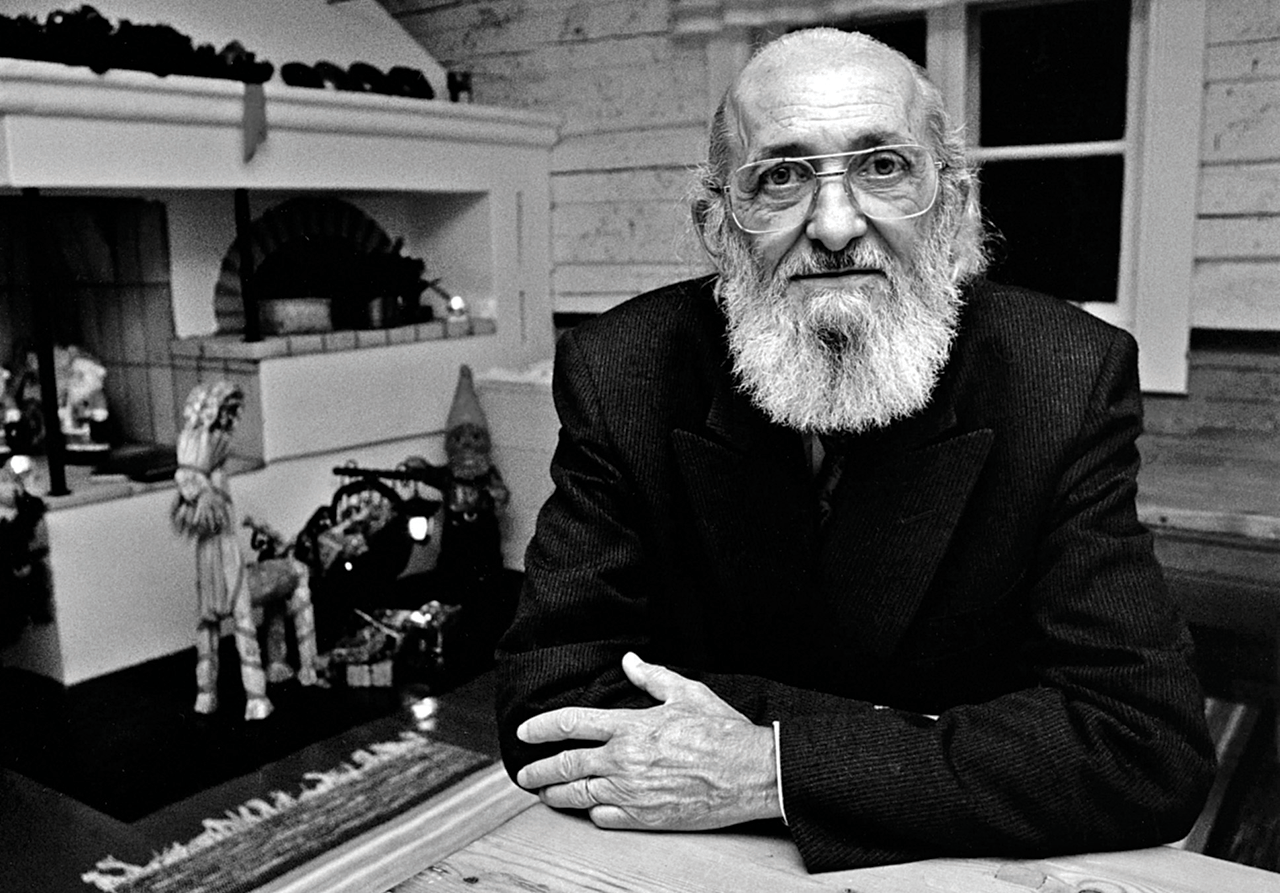Hispanic/Latinx Voices in Education
Posted on
This month, we're celebrating Hispanic Heritage Month by sharing the stories of influential figures in education whose work changed history and made a positive difference for others.
 Paulo Freire was one of the most influential philosophers of education of the twentieth century. A native of Brazil, Paulo’s goal was to eradicate illiteracy among people from previously colonized countries. Freire advocated for experiential education, particularly service learning, and believed the classroom was a place where social change could happen.
Paulo Freire was one of the most influential philosophers of education of the twentieth century. A native of Brazil, Paulo’s goal was to eradicate illiteracy among people from previously colonized countries. Freire advocated for experiential education, particularly service learning, and believed the classroom was a place where social change could happen.
Paulo was born in 1921 in Recife, Brazil, and as a young child experienced hardships from both political instability and economic depression, which heavily influenced his decision to dedicate his life’s work to helping those in need. Paulo wrote, “I didn't understand anything because of my hunger. I wasn't dumb. It wasn't lack of interest. My social condition didn't allow me to have an education. Experience showed me once again the relationship between social class and knowledge.”
Paulo enrolled in law school at the University of Recife in 1943. Although admitted to the legal bar, he never practiced law, instead working as a Portuguese teacher in a secondary school. In 1946, Paulo began working for a government agency called the Serviço Social da Indústria (SESI), where he was able to work closely with schools to examine how policies were affecting the quality of students’ education. Following his work with SESI, Paulo accepted a position as a consultant for the Division of Research and Planning, conducting studies in adult education and marginalized populations.
In 1961, the mayor of Recife, Miguel Arraes, asked Paulo to help develop literacy programs for the city. The goal of these programs was primarily to encourage literacy among the working class, to foster a democratic climate, and to preserve their Indigenous traditions, beliefs, and culture. Paulo chose to call these programs “Cultural Circles.” For the first time in 1962, Paulo was able to conduct an experiment using his methods, where 300 farmworkers were taught to read and write in just 45 days. In response, the Brazilian government approved the creation of “Cultural Circles” all over the country.
In April of 1964, a military coup put an end to Paulo’s literacy project. Paulo was discharged from his position, and all of his teaching materials were confiscated. He was accused of being a Communist and spent 75 days in jail, where he began to write his first book, Educação como Practica da Liberdade (Education as the Practice of Freedom).
After being released from jail, Paulo and his family were exiled from Brazil from 1964 to 1980. They first lived in Bolivia, then in Chile, where Paulo continued his literacy project with Chilean farmers. Paulo’s literacy model was successfully adopted, and this led him to participate in the Chilean agrarian reform effort. At this time, the United Nations Educational, Scientific and Cultural Organization (UNESCO) approached Paulo to become a consultant, and he continued to assist the organization of cultural circles throughout Chile. During this time, he also wrote his best-known work, Pedagogy of the Oppressed.
Paulo continued working for education reform in various positions across the world until his return to Brazil in 1980. In 1989, Paulo accepted an invitation to become the Secretary of Education for the city of São Paulo. During this time, São Paulo had 12 million people, with 720,000 students in 654 schools K-8. He served as Secretary of Education for two years, until May 1991. During this time, Paulo began working toward improving the structural conditions of the buildings where the schools were housed and worked to reform the school’s curriculum to promote a more equitable environment.
Paulo remained an educator, education consultant, and author until his death in 1997.
Back to Blog